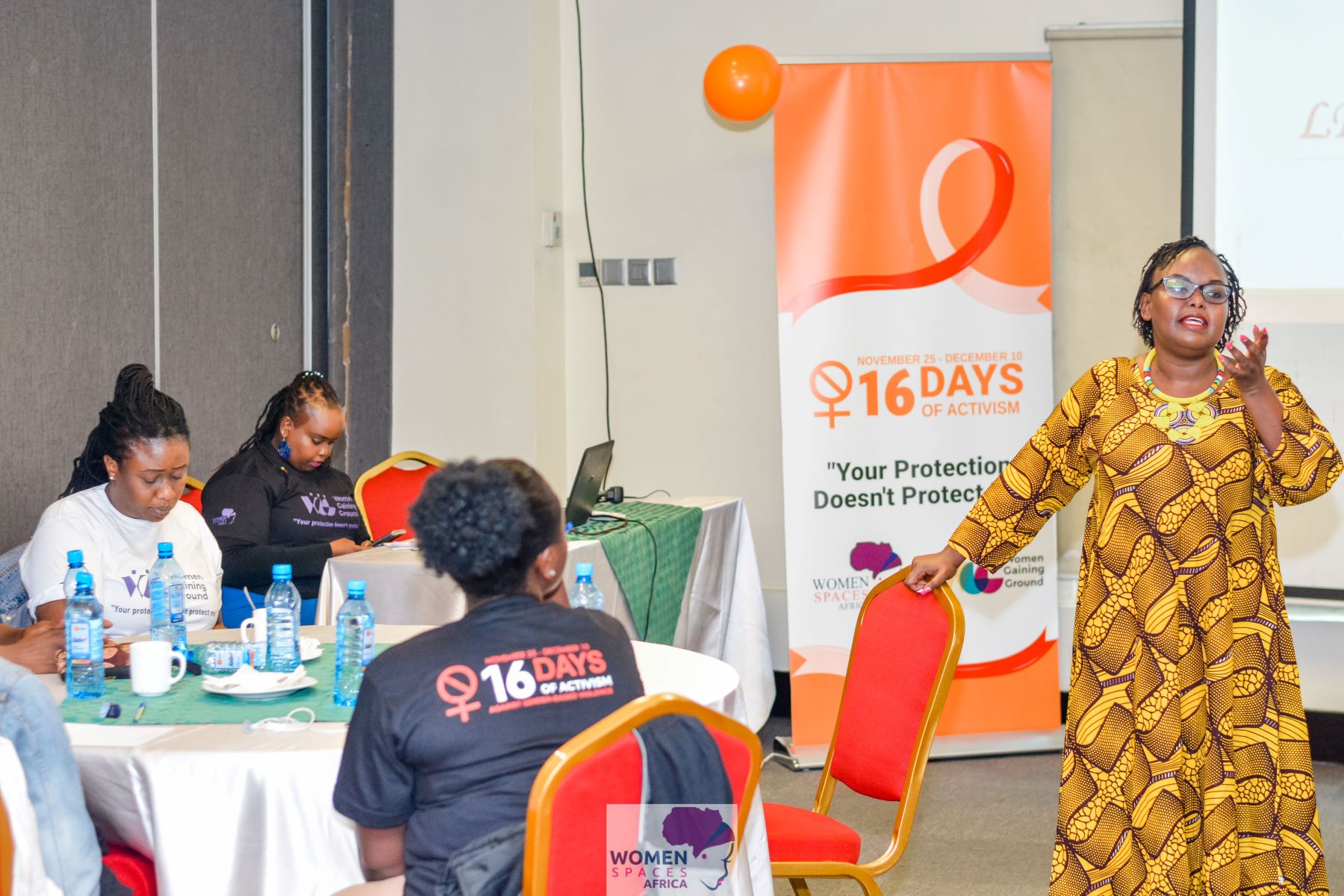
Health
Reproductive Health
My Voice
Supported by INROADS
The challenges to SRH faced by girls and youth women with disabilities are not necessarily part of having a disability, but instead often reflect lack of social attention, legal protection, understanding and support. Girls and young women with disabilities often cannot obtain even the most basic information about SRH. Thus, they remain ignorant of basic facts about themselves, their bodies, and their rights to define what they do and do not want. (They may have little experience relating to and negotiating with potential partners.) They may be denied the right to establish relationships, or they may be forced into unwanted marriages, where they may be treated more as housekeepers or objects of abuse than as a member of the family. As a group, girls and young women with disabilities fit the common pattern of structural risks for HIV/AIDS and other sexually transmitted infectionsThe project provides safe space and a platform for girls and young women with disabilities to discuss issues surrounding their Sexuality and Reproductive Health and Rights. It creates safe spaces where girls and young women with disabilities share their experiences during our monthly sexuality discussion and the Reproductive Health sessions. The service providers are trained on understanding disability, the importance of giving accommodations for individuals seeking services and respect for personal autonomy.
Referral is made to identified clinics where they are not discriminated by the health providers that have been trained to offering disability friendly services. Other trainings conducted to boost their self-esteem and confidence include awareness to human rights principles, good health practices and other life skills.
HER VOICE Project
Supported by OPTions Initiative
The project aims at Augmenting vulnerable Kenyan girls and young women with disability access to reproductive health services through a disability friendly mobile outreach model and home based support services. Girls and young women with disabilities face significant barriers while accessing information on reproductive health, specifically if they are visually and/or hearing impaired and unable to obtain information through traditional educational campaigns.The projects aims at testing an outreach strategy that trains community health workers in Nairobi County, and peer educators that will conduct community outreach and home visits to girls and young women with disabilities. The peer educators will engage girls and young women with disabilities in training on sexual and reproductive health and rights (SRHR). The project is integrated with economic empowerment skills training and a revolving group loan fund to support income-generating activities. Girls and young women with disabilities will design materials for a disability-friendly text hotline and braille information, education, and communication materials on SRHR, which will be distributed to resource centers for people with disabilities.
The Craddle
This project empowers parents and guardians of girls with intellectual disabilities with reproductive health and right knowledge so has to enable them make informed decision for their girls who cannot make decisions for themselves. The meetings are conducted twice every month where they share experiences and lessons learnt.WSA provides a list of referral health providers who are friendly and receptive to parents/guardians of girls with disabilities.










